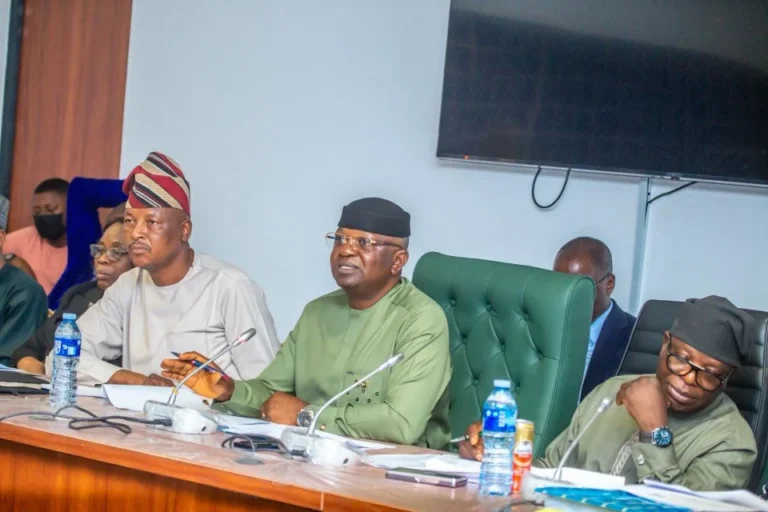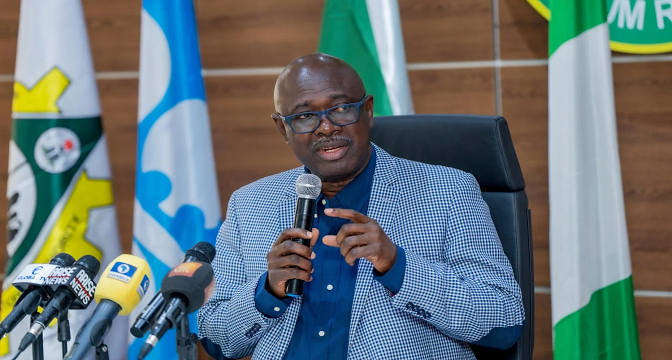
Bruno Retailleau’s decisive victory in the Les Républicains (LR) leadership election on Sunday, May 18th, marks a potential turning point for the struggling French conservative party. Securing 74.3% of the party members’ vote, Retailleau not only defeated his rival, Laurent Wauquiez, but also generated momentum by unseating a figure who had long been seen as the natural leader of the camp but failed to unite it or inspire public enthusiasm.
Retailleau, who also serves as France’s interior minister and has represented a senatorial right wing known for its firm values and openness to compromise with the center for a decade, represents a rare piece of positive news for the party after a prolonged period of challenges.
However, questions remain about the party’s future direction. The campaign focused narrowly on issues such as security, immigration, and employment, while neglecting the broader global shifts brought about by figures like Donald Trump. The lack of significant differences between the two candidates, who both painted a bleak picture of France to emphasize identity and security concerns, highlights the diminished state of the republican right, which once offered a strong political alternative. The party’s membership has dwindled to approximately 120,000, with only 98,100 members participating in the leadership election.
Since Nicolas Sarkozy’s failure to secure re-election in 2012, the party has experienced a period of decline marked by significant events, including Sarkozy’s unsuccessful return amidst legal challenges, the party candidate’s elimination in the first round of the 2017 presidential election, and the expulsion of Eric Ciotti, who was elected LR president in 2022 but later ousted for advocating an electoral alliance with the far-right Rassemblement National (RN).



